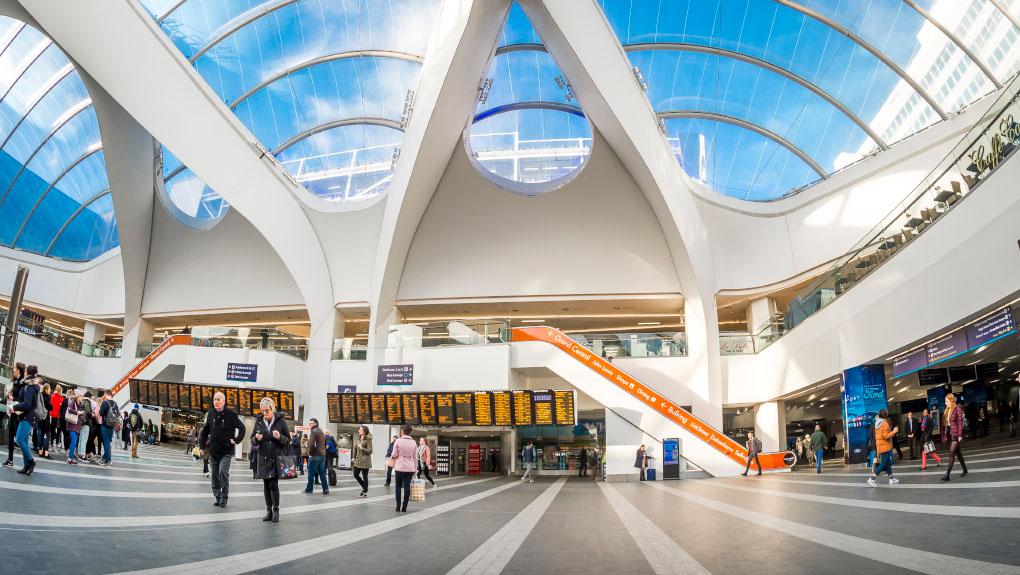
The Office of Rail and Road (ORR) has found that the railway station catering market is not working as effectively as it should be. Greater competition in this market would drive better value for passengers and for taxpayers.
ORR is investigating this sector because it believes that a more competitive market would provide better options for passengers and allow station operators to increase investment in the railway. The regulator’s report finds that outlets can stay in the same hands for extended periods because their leases are protected. Those who run stations are not sufficiently incentivised to invite competition for outlets. Even when unprotected leases come up for renewal, the most common practice is to roll over or extend the lease without an open competition. Competition for outlets is a crucial factor across the market, because nearly half of all stations (47%) with retail space have just one outlet.
These weaknesses in the station catering market also mean that station operators may have less income to invest in improving stations and services, increasing the need for taxpayer support.
ORR’s report finds that the features of the railway station catering market may also contribute to an average 10% price premium at stations compared to the high street.
ORR’s investigation is continuing, and the next stage will focus on what recommendations should be made to government, station operators, funders and other stakeholders to improve the functioning of the market.
Will Godfrey, Director, Economics, Finance and Markets, said:
Notes to editors
- Station catering retailers earned total revenue of around £700m in 2022/23. Station operators (Network Rail and train operators combined) earned a little over £100m in rental income from leasing outlets for catering services in 2022/23.
- In total 2,367 railway stations fell within the scope of the ORR’s study. This includes all the mainline stations operated by Network Rail and train operators funded by the UK and Scottish governments.
- Of the approximately 20% of stations which have catering offered, almost half (47%) have only one outlet. This large number of single-outlet stations acts as a natural barrier to head-to-head competition at stations.
- Protected leases: 24% of station outlets are currently covered by ‘protected’ leases formed under Part II of the Landlord and Tenant Act 1954. Such leases provide an automatic renewal on similar lease terms (subject to rent reviews). There are grounds of opposition for the landlord (usually the station operator) to terminate protected leases, but in practice they are difficult to apply.

